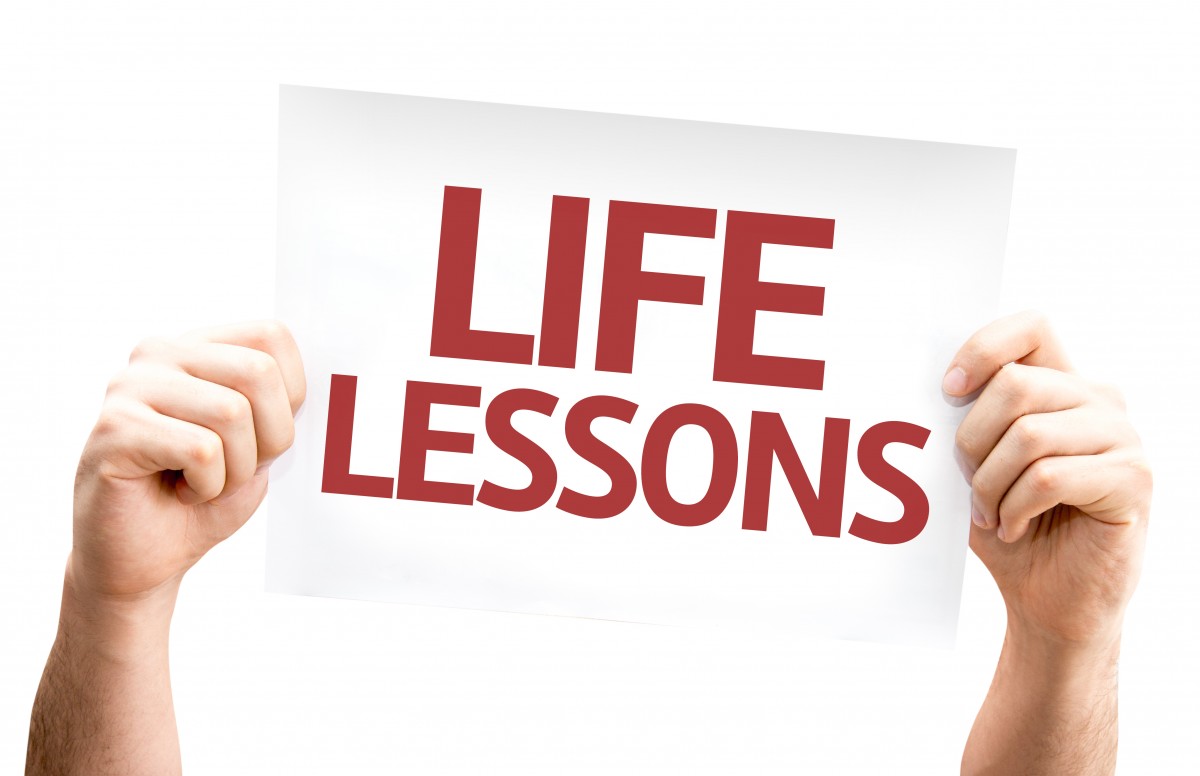
Church and Christendom
A Simple Lesson
Something as simple as a household chore can teach important life lessons. One of my jobs around the house is ensuring ice is available in the freezer. For a long time, too long, it was a task much more difficult than need be. Plastic ice trays are designed to bend and release their ice cubes, that is their design, function and purpose. If two ice trays become stuck together then ice from neither tray releases and two trays together can act as one block of ice until force — sometimes with considerable effort — is applied to separate the frozen mass.
This was a common occurrence, and sadly, it literally took years before just a little thinking was applied and the problem resolved by simply not over filling the ice trays with water before placing them in the freezer.
Once this was figured out the chore was indeed simple. Life can be that way. What is a struggle can become easy with just a little perspective, thought and adjustment. Man can needlessly struggle over the simplest of matters.
One can see in this example (a) the value in thinking about what you are doing, of (b) making best use of one’s time and effort, or (c) how a trained engineer can fail in the simplest of situations to use proper skills at the appropriate time. Failure here was not in accomplishment but in execution. The job got done. Never once was the ice bin found empty. The issue was that only part of me showed up for the job. This was a lesson in divided attention and commitment, an example of the downside of compartmentalization.
The principles in this lesson deal with perspective, involvement of the whole self, and proper matching of resources to need. It is amazing how a mind trained and practiced in tackling technical problems can completely miss application of analytic problem solving skill where clearly needed. At the same time, it is quite possible for me to inappropriately apply analytic problem-solving techniques in cases where a wholly different approach is needed. Specifically that can be seen in other situations where thinking is only in linear scientific analytic mode when a more intuitive, recondite, or heuristic method is appropriate and useful; such as with situations involving complex human relationship issues.
Applications of the Lesson
The lesson has significant application for the Christian pilgrim. God doesn’t just ask us for our minds. He asks for our all. He requires our minds, our hearts, our soul, and through grace He supplies His children with a regenerate spirit. Theology provides tools and methods that help our minds study and understand God, providing crucial benefit to the child of God. Knowing God through experience, interaction and relationship is also important. Our spirit is the point of connection between our self, our soul, and God, who is spirit. The healthy Christian, the whole Christian, is maturing as a whole — body, mind, soul and spirit.
When one considers the spectrum of churches across the land today they bear great similarity to the spectrum of various segments of today’s society which aggregates in so many compartmentalized and specialized groups and factions. At one end of the spectrum of church identity are those groups that eschew the experiential and focus on the rational basis for the Christian faith — and at the other end those who focus on the experiential, the contemplatives and mystics. Merit exists in both camps. Both views can make convincing biblical arguments for their view of truth and faith in the Creator. Given the stakes involved and inherent flaws of both mind and heart in men it is significant that both paths can lead one up the same mountain to the same point. God’s plan for men and women is that they mature in body, mind, soul and spirit as well as in relationship with their heavenly Father. Abraham in the old testament was identified as a friend of God, yet scripture records that it was as long as 20 years or more between conversations among friends. That is a mark of a mature and secure relationship among mature and secure individuals. As new testament Christians we are blessed and sealed with the Holy Spirit, but more, we are instructed to grow and mature in our faith — in body, mind, soul, and spirit.
 God does not want us just to know about Him, He also wants us to know and experience Him in relationship. Although we are — and eternally will be — God’s children, He does not want us to remain little children. It is His plan for us to mature as individuals and in relationship with Him through time and into eternity.
God does not want us just to know about Him, He also wants us to know and experience Him in relationship. Although we are — and eternally will be — God’s children, He does not want us to remain little children. It is His plan for us to mature as individuals and in relationship with Him through time and into eternity.
God gives us the Scriptures and desires us to know them well, but more, He desires that we know Him intimately. Scripture instructs us — commands us — to focus and consider Him, with our minds, our hearts, our bodies, our spirits. On His part He is ever faithful and deals with us in ways that relate to each of us as individuals and on many different levels. He is everywhere — we are not. He deals with us where we are. Jesus often spoke of the priority of relationship, of He knowing us and we Him. We can approach Him from wherever we may be.
- The artist can relate to the One who paints every sunset.
- Mothers can relate to the One who brings and nurtures life.

- Children can relate to the One who became a child and walked among us.
- The suffering can relate to the One who suffered beyond the pale for us.
- Those who work with animals can relate to the Good Shepherd.
- Those who work with plants can relate to the Vine of Life.
- The engineer can relate to the One who designed and created the universe.
- The scientist can relate to the One who spoke the universe into existence and sustains it.
Every teacher, fireman, policeman, soldier, craftsman, child, parent, grandparent, athlete, doctor, patient, barber, healthcare worker, tradesman, pilot, or any other individual can each relate from their unique background and experiences to the Creator who made them. That is how He designed us. Not one of God’s children can pass through any experience in life where He will not walk with him or her: young or old; happy or sad; rich or poor; lonely or in relationship; rich or poor; tired or rested; healthy or hurting; hungry or full; or thirsty or satiated. Christ put aside His deity to live as a man among men on earth. He lived a life of service, humility and obedience to His Father. For the Christian, seeking such an attitude of service, humility and obedience is a good and fitting place to begin experiencing a relationship with our Savior, God, Lord and Father. Whether or not we see Him, feel Him, hear Him, sense Him, or encounter Him — He is there. He is. We can never really be alone, because He is everywhere. In our relationships with others we can relate to Him because He is desirous of relationship with man and He has ever existed in relationship in the Trinity. He is unchanging, unchangeable and constant.
Struggles that take one’s focus off God are to be avoided. Struggles only for worldly gain are assuredly pointless and vain. Perspective, thought and adjustment to avoid unnecessary burdens are good. But the pilgrim’s walk is not about avoiding burdens. Christ told us that Christians would have burdens and His burden is light. Our own burdens can be distractions which turn us away from Him — His burdens will not. And He is always there to help us when help is needed.
The child of God seeking his or her Heavenly Father need not complete any prerequisites, classes, applications, or testing; obtain any approvals or acceptances; nor complete any preparations or pay any costs to draw close to their Lord. No aspects of any child of God exist which disqualify one from relationship with the Creator, God, Lord, Father, Papa, Shepherd, and even Friend. Praise God for His loving faithfulness, long-suffering, patience, and willingness to speak to us where we are — in the simplest of terms.


Discussion